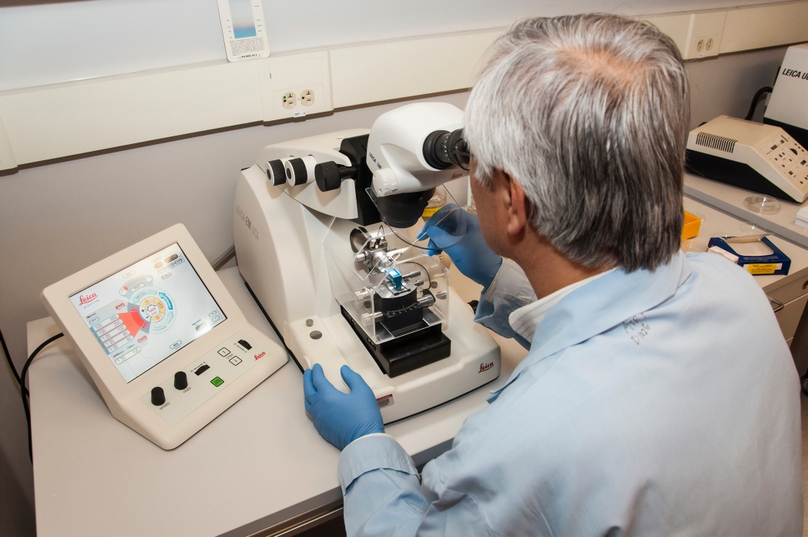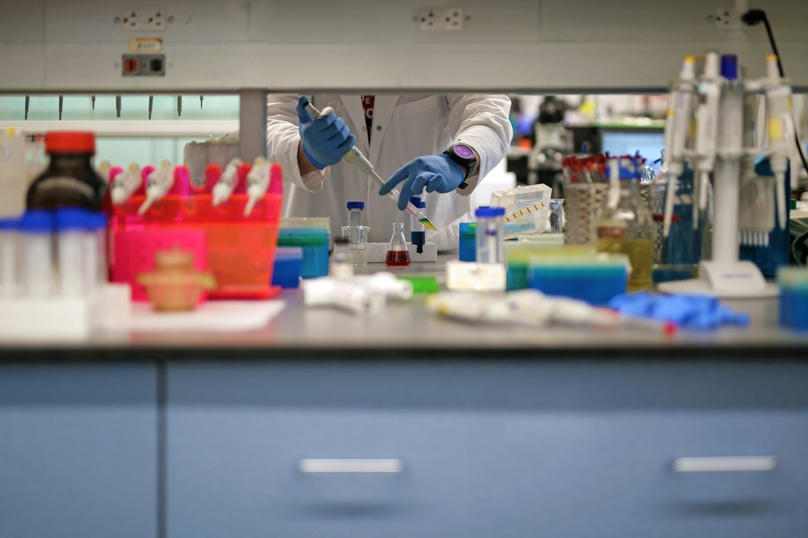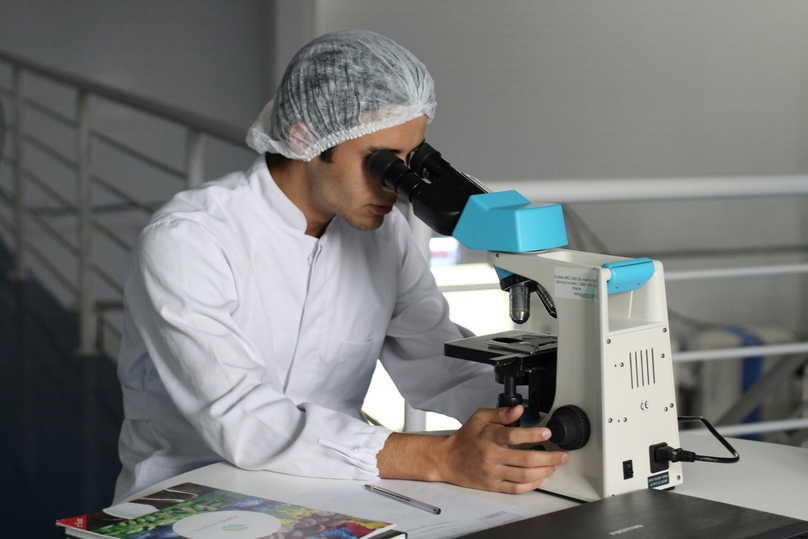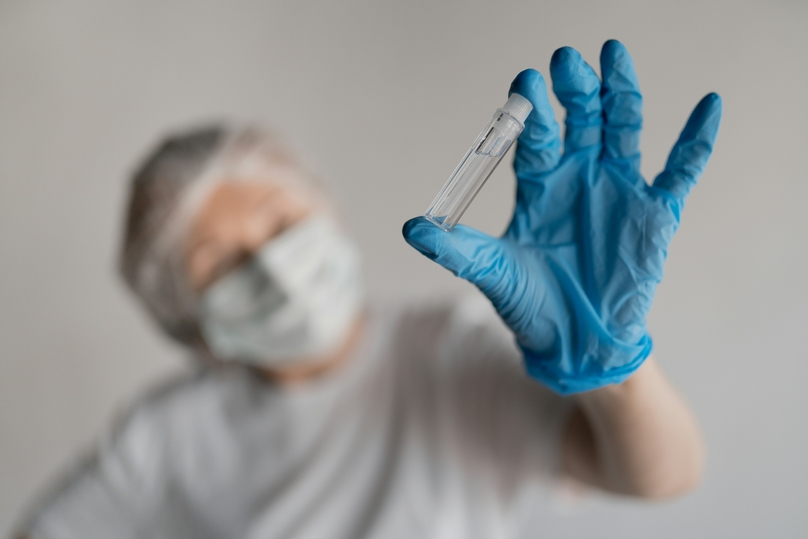In the realm of scientific research and medical diagnostics, laboratories hold a pivotal role in generating accurate and reliable results. To achieve this, laboratories must adhere to a standardized framework that ensures the highest level of quality in their processes and practices. This framework is known as the Laboratory Quality Management System (LQMS).
A Laboratory Quality Management System encompasses principles and practices designed to establish a systematic approach to managing quality within a laboratory, aiming to deliver consistent, accurate, and reliable outcomes. Keep reading to find out more valuable insights on this topic.
Building Blocks of Laboratory Quality Management System
Implementing a Laboratory Quality Management System in a laboratory setting lays the foundation for success. Comprising the 12 Quality System Essentials as outlined by CLSI, this system acts as a roadmap to ensure customer satisfaction, meet regulatory requirements, and create efficient processes. The organizational structure, clear planning, and control mechanisms enable the laboratory to operate smoothly and deliver reliable results.
Assurance of Reliability in All Aspects
In the dynamic landscape of laboratory operations, the assurance of unwavering reliability stands as a paramount goal. The quality management system of a laboratory assumes the role of a vigilant custodian, safeguarding the trustworthiness of every aspect that constitutes the laboratory's functioning. From meticulously maintaining an optimal environment to upholding stringent quality procedures, precise record-keeping, and deploying a proficient and skilled workforce, the principles of LQMS encompass and fortify every facet of the laboratory's endeavors.
By instilling this comprehensive approach, laboratories can confidently deliver accurate and dependable outcomes in every testing process. With the guiding principles of LQMS firmly in place, laboratories fortify their foundation, build unwavering trust with stakeholders, and pave the way for groundbreaking scientific advancements and exceptional contributions to the healthcare industry.
Compliance with Regulatory Standards
Compliance with regulatory standards is of utmost importance in laboratory operations. By implementing a Laboratory Quality Management System, laboratories can demonstrate adherence to these standards, ensuring safe and effective practices. Regular audits of the 12 Quality System Essentials validate the laboratory's compliance and help identify areas for improvement, fostering a culture of continuous enhancement.
Customer Satisfaction and Process Improvement
Customer satisfaction is a key focus of a Laboratory Quality Management System. Understanding customer needs and feedback allows laboratories to improve services and enhance overall quality. A proactive approach to process improvement further supports laboratories in identifying opportunities for optimization, even before issues arise, leading to better outcomes and efficient operations.
In scientific research and medical diagnostics, a Laboratory Quality Management System (LQMS) is an indispensable tool for success. By incorporating the 12 Quality System Essentials and adhering to the principles and practices of LQMS, laboratories can ensure customer satisfaction, meet regulatory requirements, and create efficient processes. LQMS guarantees the reliability of all aspects of laboratory operations, from the environment to equipment and human resources.
Compliance with regulatory standards is essential for maintaining safe and effective practices, and customer satisfaction drives process improvement. Embracing a Laboratory Quality Management System is the key to achieving accurate, reliable, and high-quality outcomes in laboratories, benefiting both the laboratory and its stakeholders.















